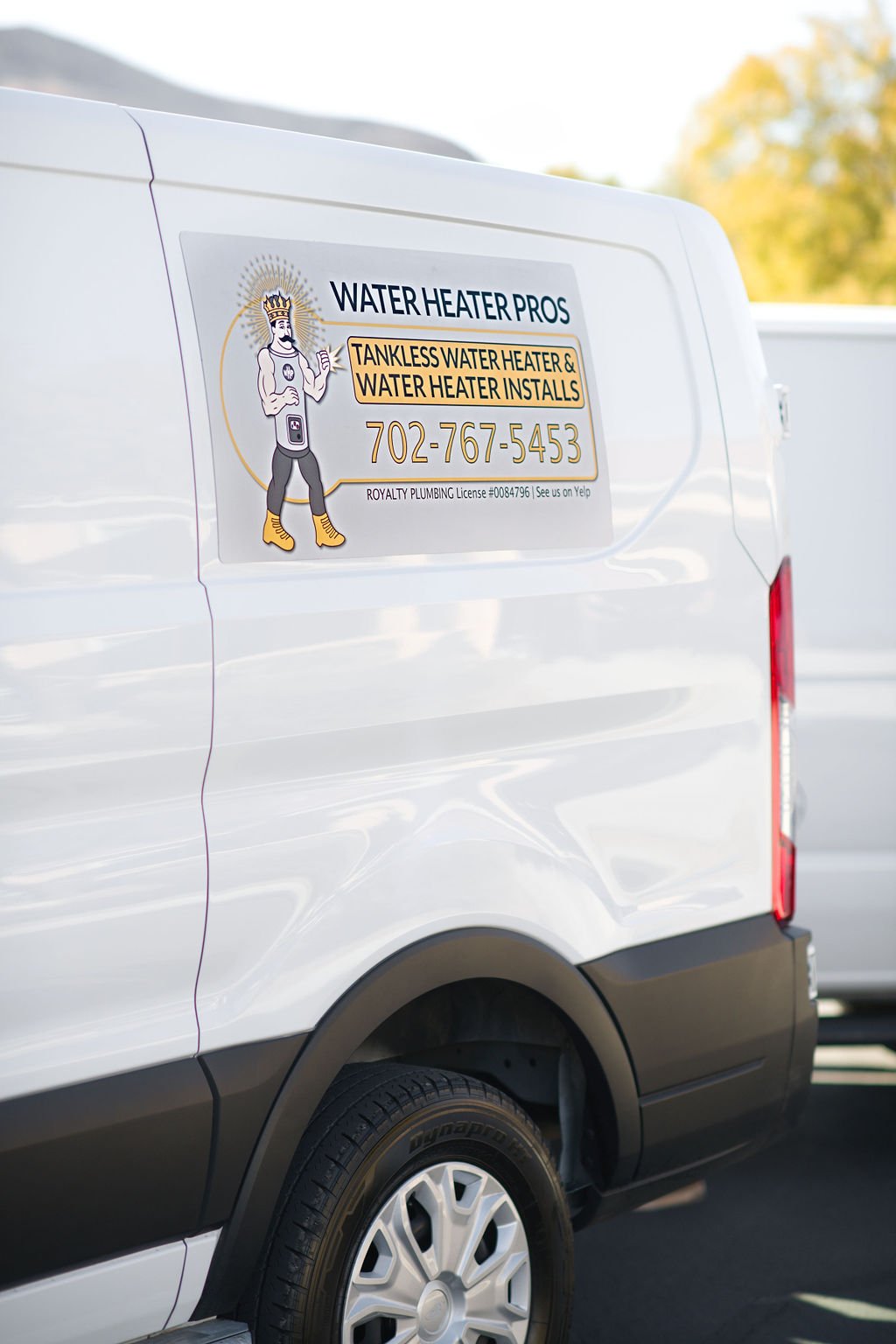Hot water is a basic necessity of everyday living. Homeowners today have many options for heating the water in their homes. Several factors determine whether to choose a traditional or tankless water heater.
This article compares some of the basic features of a storage tank and tankless water heater.
WATER HEATER PRICES
Every home uses hot water daily. However, each home has different needs. Several considerations determine the best choice for every household. The family budget is near the top of the list.
Conventional tank water heaters cost less than tankless units, not including the installation costs or energy savings.
Several factors affect the cost of a water heater, including:
- unit size
- make and model
- region of purchase
- upgraded features
- where it is purchased
Homeowners can purchase a new water heater at a home improvement store to save money. However, manufacturers recommend certified professionals install them.
INSTALLATION COSTS
The cost of a professional installation varies depending on the type, size, and geographical area. In addition, installers charge different amounts for removing old water heaters, plumbing issues, installation according to local codes, and other services.
Conventional tank water heaters cost less for a basic installation as an experienced technician can install them easily and quickly. Conversely, a tankless water heater installation can cost twice as much as a conventional model.
Switching from a traditional tank to a tankless water heater is even more expensive. It requires a plumbing retrofit and may include gas or electric upgrades. Experts suggest that homeowners make the switch before their conventional water heater stops working to lower the cost of an installation emergency.
ENERGY EFFICIENCY
Tankless units heat water on demand. Therefore, they are more energy-efficient than conventional units. They tend to be about 34% more efficient than their counterparts. They also cost less to run on an annual basis.
Traditional water heaters use more energy to keep the water in the tank hot. Although the unit costs less, energy prices make them more expensive to run.
THE LIFESPAN OF THE WATER HEATER
The life expectancy of conventional water heaters is 8 to 12 years on average. Tankless water heaters may last twice as long, often over 20 years.
SAFETY CONSIDERATIONS
Both water heaters are potentially dangerous if they are not installed by a qualified professional. A poorly installed water heater wastes money and can be hazardous to the property and its residents.
Some traditional and tankless water heaters are known to have general issues. Conventional water heaters can be a fire hazard if hard water, rust, or pressure builds up in the tank. Skin burns can occur if the water temperature is too hot.
Tankless water heaters are generally safe to use. Their potential faults are gas and carbon monoxide leaks. Most models have a built-in safety feature that shuts the unit down if it detects a problem.
Poor installation causes the majority of safety issues with both types of heaters. Little or no maintenance also results in problems with water heaters. Homeowners should seek the services of a reliable company to install and maintain their water heater.
MAKING A WISE CHOICE
These are just a few considerations for choosing how best to heat water in the home. A water heater purchase and its installation is not only a necessity but a home investment. Local resources are available to guide homeowners through the process. Contact a reliable expert for accurate information and a professional water heater installation.

